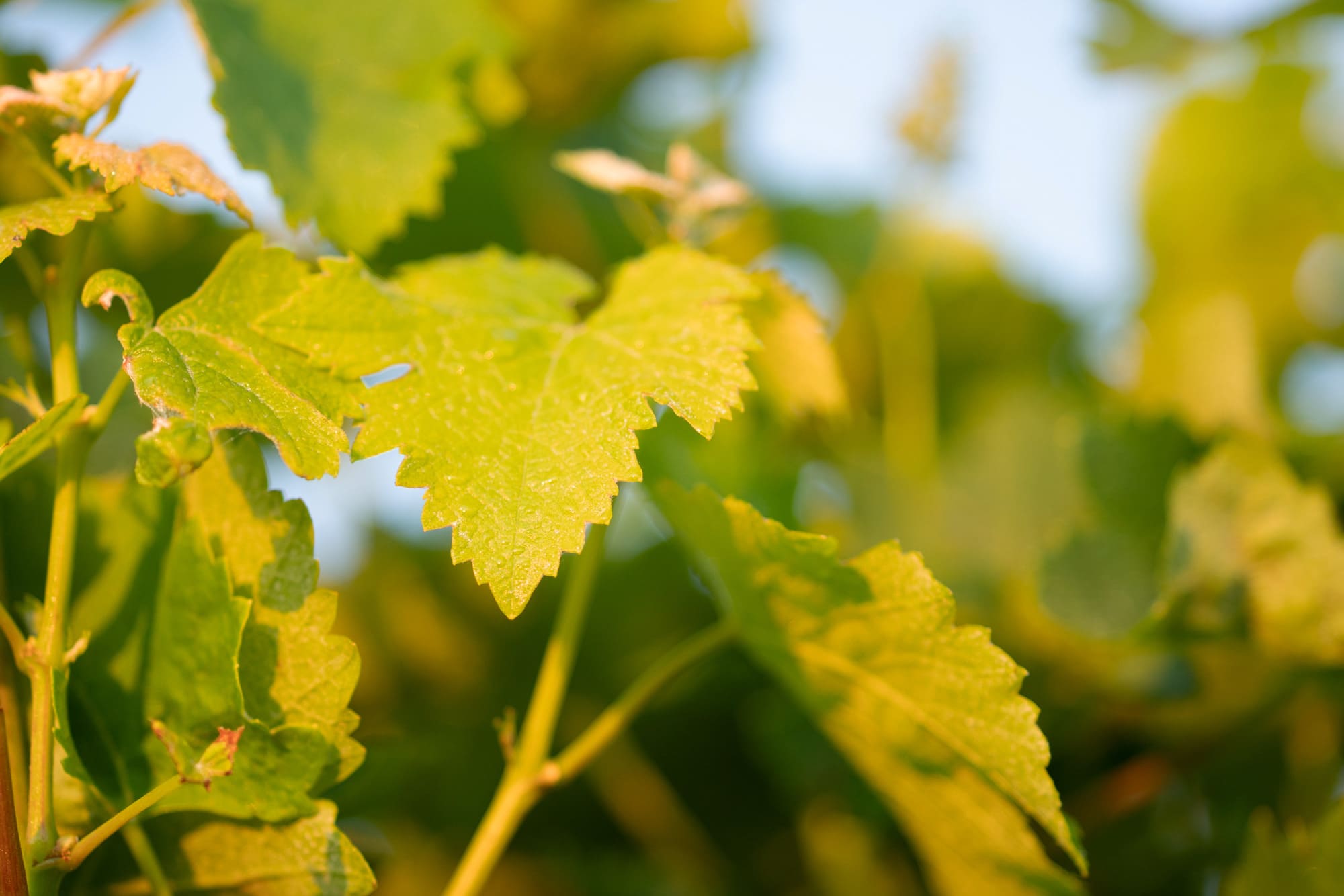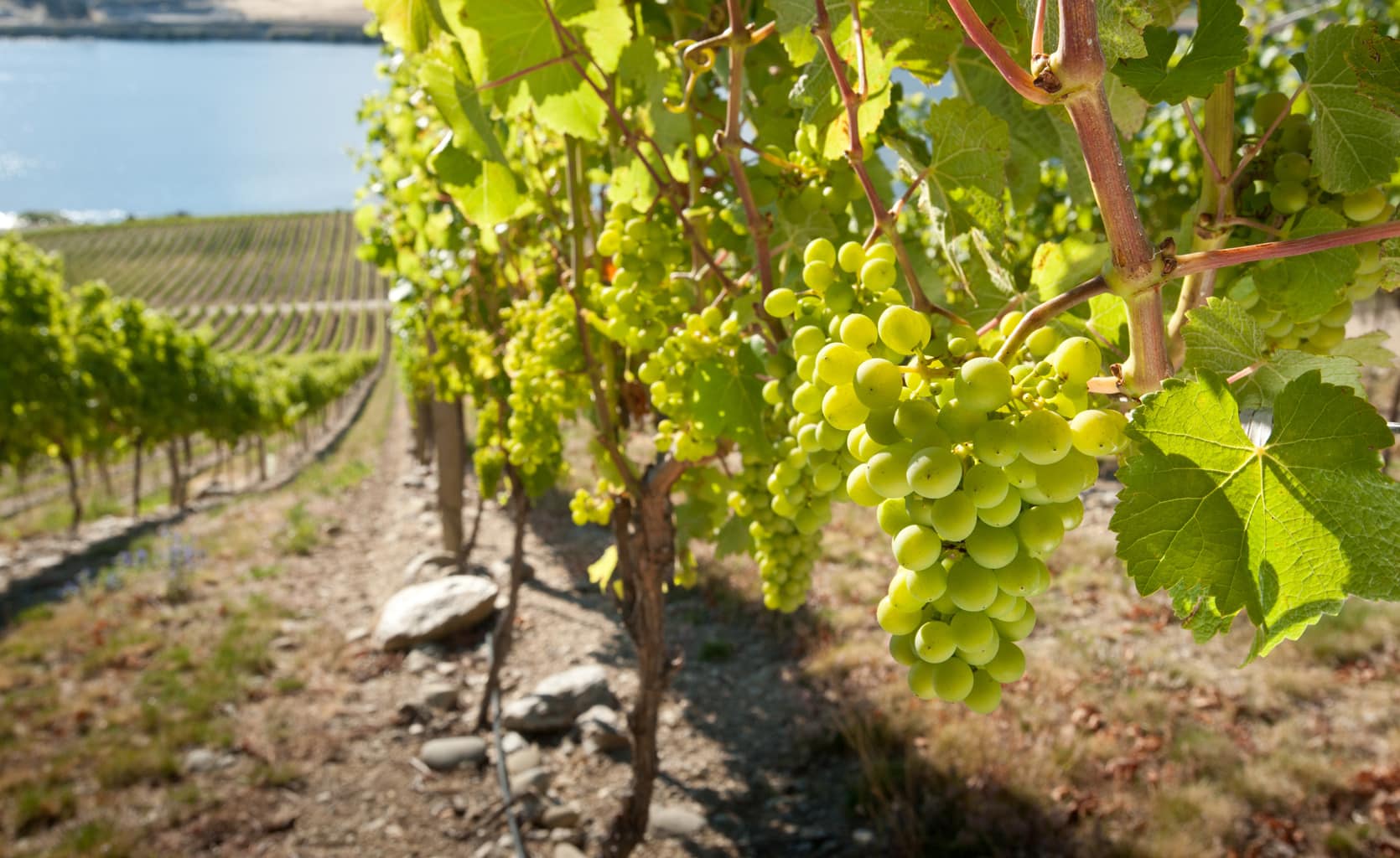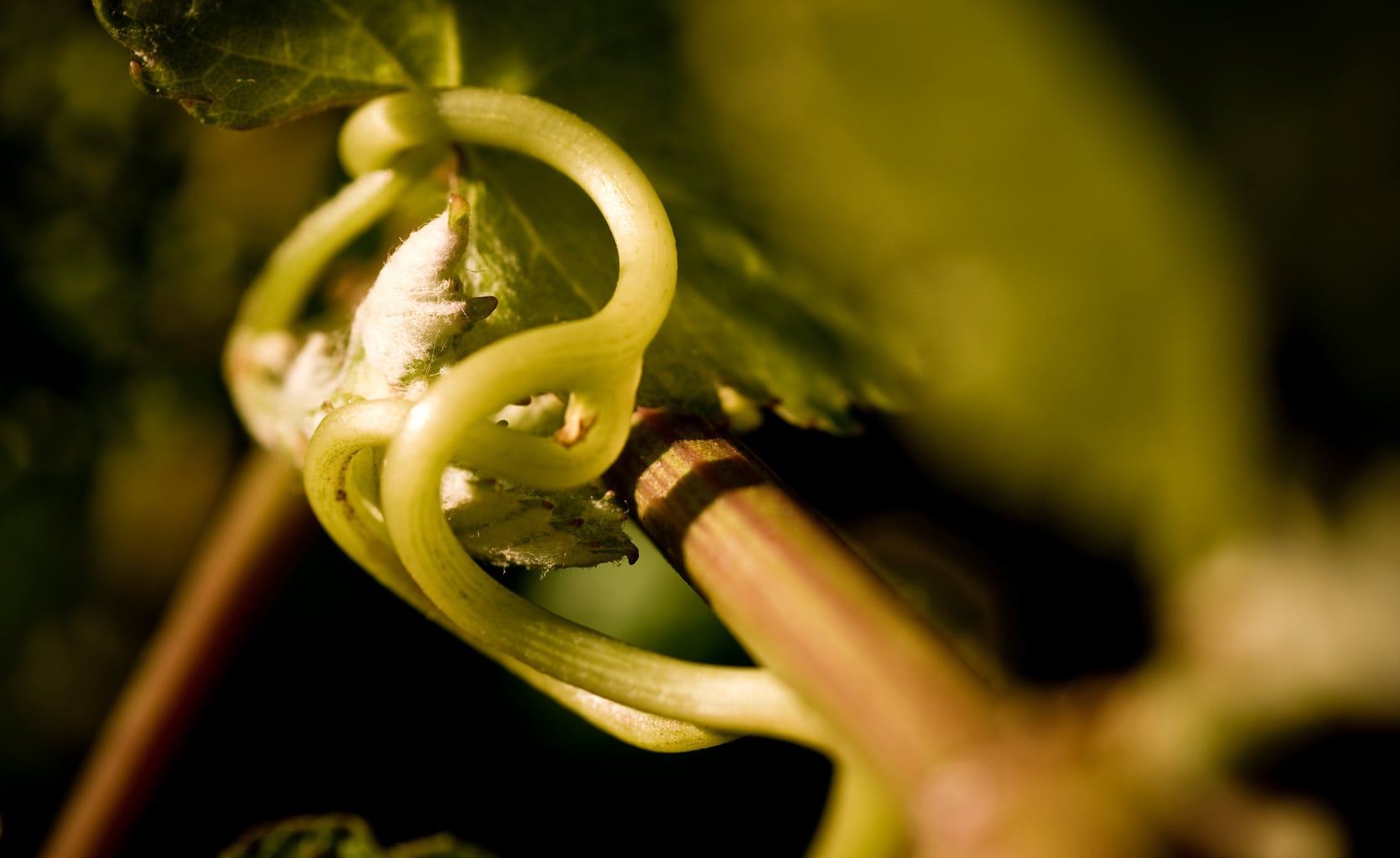Cookies help us enhance your experience when using the website. They also help us understand how people use our site (such as which pages are most popular), so that we can better serve our site users.
You can restrict some of the information we collect by changing your cookies and/or browser settings, but this may limit the functionality of the website.
Cookies used on this site
- Strictly necessary cookies: These cookies are essential for enabling user movement around our website. These cookies do not gather information about you that could be used for marketing purposes and do not remember where you have been on the internet.
- Analytics cookies: We use Google Analytics cookies to collect information about how visitors use our website. These cookies collect information in the aggregate to give us insight into how our website is being used. You can find out more about how these cookies work here: https://policies.google.com/technologies/partner-sites
How to control and delete cookies
Change your preferences: You can customise your cookie preferences using this tool. The tool will record when you have consented to our cookie policy. The consent tool specifically controls the analytics cookies, and gives the option to disable the strictly necessary cookies. The tool cannot be used to block cookies on third-party websites linked from our website.
Using your browser: Many of the cookies used on our website can be disabled through your browser. To disable cookies through your browser, follow the instructions usually located within the “Help”, “Tools” or “Edit” menus in your browser. Please note that disabling a cookie or category of cookies does not delete the cookie from your browser unless manually completed through your browser function.
Cookies that have been set in the past: Collection of your data from our analytics cookies can be deleted. If cookies are deleted, information collected prior to the preference change may still be used; however, we will stop using the disabled cookie to collect any further information from your user experience.
Questions?
For more information, you can contact us in one of the following ways:
















